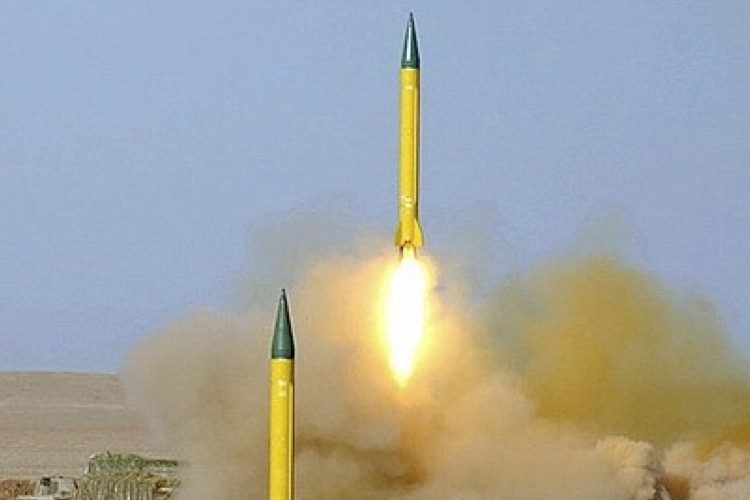
Elliott Abrams, the State Department Special Representative for Iran and Venezuela, said on October 26 that the United States will block or destroy any shipment of Iranian missiles to Venezuela.
In a statement quoted by Fox News, Abrams said: “The transfer of long-range missiles from Iran to Venezuela is not acceptable to the United States and will not be tolerated or permitted.”
An unnamed senior administration official added: “We will make every effort to stop shipments of long-range missiles, and if somehow they get to Venezuela they will be eliminated there.”
These officials did not provide any information that such missile shipments were imminent, but only observed that Iran and Venezuela were likely to engage in such arms deals, prompting the preemptive warning.
“Iran has announced its intention to engage in arms sales, and Venezuela is an obvious target because those two pariah regimes already have a relationship,” said Abrams. “Venezuela is paying in gold to buy gasoline from Iran, and there is an Iranian presence in the country. Venezuela’s economy has collapsed, so every bar of gold for Iran is tens of thousands of dollars the Venezuelan people need for food and medicine.”
“Iran has shipped missiles to the Houthis, so we know they are ready, willing, and able to ship them to Venezuela and other possible buyers,” said the administration official.
A missile fired by Houthi rebels in Yemen at the Saudi Arabian capital, Riyadh, was shot down by Saudi Arabia’s military on December 19, 2017.
Shortly afterward, then-U.S. ambassador to the UN Nikki Haley said that there is mounting evidence that Iran is supplying arms to the Houthi rebels, in violation of a UN resolution.
Back to Abrams’ warning to the Iranians about sending missiles to Venezuela, it is worthwhile to consider if this would represent any threat to the United States that would justify preemptive action. As far back as 2010, when the late Hugo Chavez ruled Venezuela with an iron hand, an article posted by the Gatestone Institute was headlined: “Iran Placing Medium-Range Missiles in Venezuela; Can Reach the U.S.” The article cited Reuters, which reported that Iran had developed a version of the Russian S-300 missile and was aiming to perfect the already existing solid-fuel, medium-range missile. If a missile base can be opened in Venezuela, noted the report, “many US cities will be able to be reached from there even with short-medium range missiles.”
In the 10 years since that report was written, it is reasonable to assume that Iran’s missile technology has advanced further, making any such threat more realistic. It is believed the Iranians can field the Shahab-5 long-range missile, which has the capability of flying more than 3,000 miles, meaning most of the United States would be vulnerable.
The Trump administration evidently regards the threat of Iranian missiles in Venezuela as seriously as former President John Kennedy regarded the threat of Soviet missiles in Cuba, prompting the 1962 Cuban missile crisis.
Related articles:
Venezuela Prepares for War, Again
Attack Venezuela? Trump Can’t be Serious!
Venezuela’s Maduro Allegedly Runs Cartel, $15 Million Bounty Announced
Trump Says Military Intervention in Venezuela Is “An Option”


